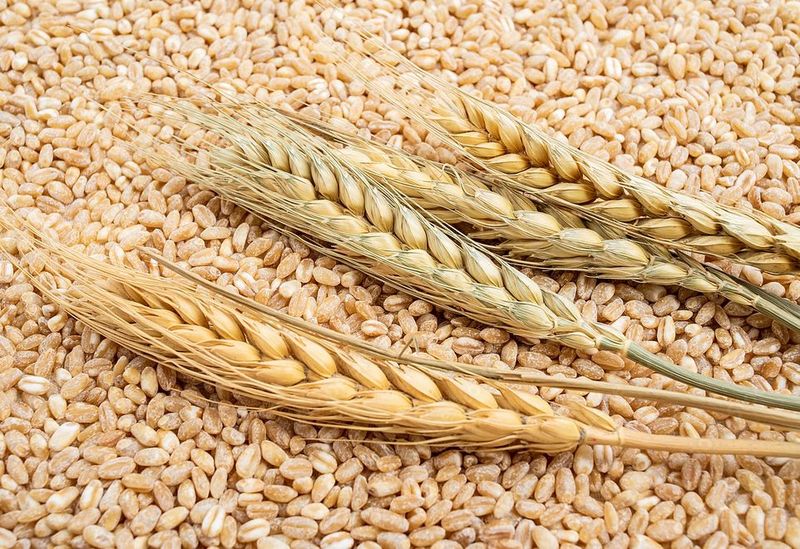India: Government must consider importing wheat and milk fat to keep food inflation under check

Wheat and atta prices are on fire, retailing at an average of Rs 30 and Rs 35 per kg respectively, as against Rs 20 and Rs 25 a year ago. As a mitigatory measure, the Narendra Modi government has approved offloading three million tonnes (mt) of the cereal from the Food Corporation of India’s (FCI) warehouses into the open market over the next two months. The expectation is that this will help cool prices ahead of the arrival of new crops from end-March. But there are two possible hindrances. The first is that public wheat stocks, at 17.17 mt on January 1, are already at a six-year-low and marginally above the required minimum of 13.8 mt for this date. While the discontinuation of the additional 5-kg per-person per-month free grain supply through the public distribution system has given more leeway for the FCI to undertake open market sales, the overall stocks position is still quite precarious.
The second source of uncertainty relates to the size of the 2022-23 wheat crop. Right now, it looks in good condition, with farmers also sowing a near-record 34 million-plus hectares on the back of high prices, adequate soil moisture and reservoir water levels, and improved fertiliser availability. But the crop has barely entered the flowering stage, leave alone grain formation and filling that typically takes place over March and early-April. Knowing from last year’s experience — when a sudden temperature spike after mid-March took a heavy toll on the standing wheat, whose kernels were just about ripening and accumulating starch — it would be foolhardy to make any predictions of output at this point. A second consecutive poor wheat harvest can have adverse consequences, more so given that consumer price inflation has only in the last two months fallen below the RBI’s 6 per cent upper limit target.
That being so, the Modi government should consider import of 2-3 mt wheat as insurance against a not-too-good crop back home. Wheat from Russia — the world’s cheapest supplier — is currently quoting at $305-310 per tonne free-on-board, which works out to a landed price of around $350 per tonne or Rs 28.5/kg in India. Similar imports on government account may also be required of milk fat, especially with domestic ghee and butter prices going through the roof. Demand for milk products, from curd and lassi to ice-cream, will peak during the summer months. That’s when milk production, particularly by buffaloes, too will fall. Excess volatility in food price is neither in consumer nor producer interest — and a veritable nightmare for an inflation-targeting central bank. The government cannot afford to be lax on supply management, at a time when cereals and dairy products are among the highest contributors to consumer inflation today.
Read also
Wheat in Southern Brazil Impacted by Dry Weather and Frosts
Oilseed Industry. Leaders and Strategies in the Times of a Great Change
Black Sea & Danube Region: Oilseed and Vegoil Markets Within Ongoing Transfor...
Serbia. The drought will cause extremely high losses for farmers this year
2023/24 Safrinha Corn in Brazil 91% Harvested
Write to us
Our manager will contact you soon



